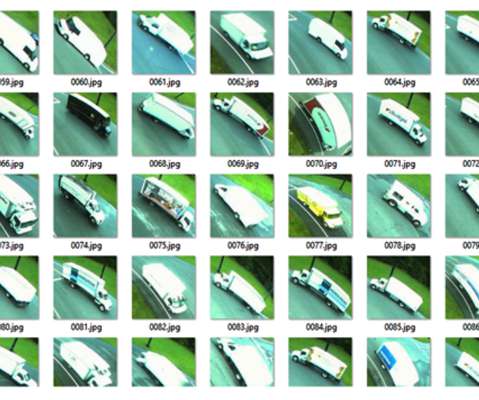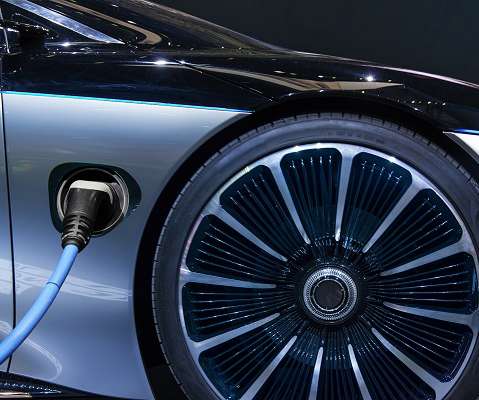ORNL researchers use stop-light cameras to reduce fuel consumption of less-efficient vehicles via traffic management
Green Car Congress
FEBRUARY 23, 2020
Approximately 6 billion gallons of fuel are wasted in the US each year as vehicles wait at stop lights or sit in dense traffic with engines idling, according to US Department of Energy estimates. So, where to find a larger, fine-grained vehicle dataset? That was a bit of an effort, too, but that’s what it’s all about. —Thomas Karnowski.












Let's personalize your content